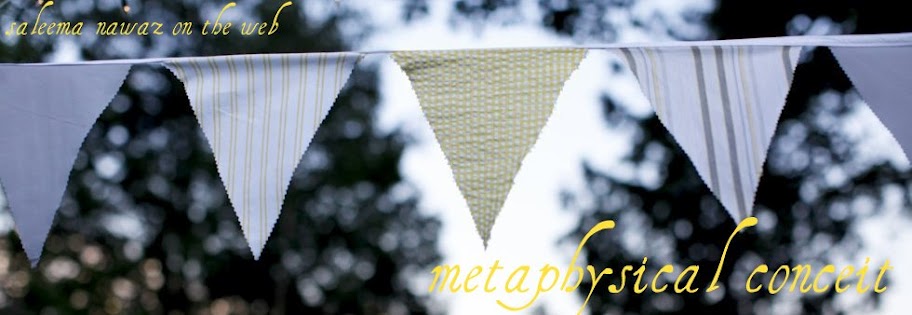I finished reading Juliet, Naked the other day. It was a shockingly fast read, and it was another book that fell into what I've been thinking of as easy reads -- the kind of book I've been admiring lately. Funny, straightforward, gently observant and sometimes melancholy and imaginative. I liked it a lot, although I got to the end and (without risking spoilers) thought huh, that's not what I want to happen. I had a memory, too, of my friend J. reading this novel and asking me if I'd read it and wanting to chat about how things turned out. (Note to self: follow up on this.)
At the same time, though, the ending as written feels realistic, at least realer than what I wanted to happen possibly could be. Of course, much of what happens in the novel is improbable and a little fantastic, and I think Nick Hornby could have, if he'd wanted to, written an ending that might have been more satisfying in terms of wrapping everything up neatly. But I got the sense when I was reading that Hornby was deliberately resisting that kind of ending, and I respected the choice, as much as I wished for something else. I had the thought as I closed in upon the final pages: this is a writer's ending. The writer feels some kind of responsibility to the truth, to the truth of his characters or the world as it really is or he sees it. But as a reader, I wanted something else. I wanted to know everybody I'd come to care about was going to be okay and get what they wanted.
But then I thought, well... I can just make up my own ending anyway. That's the beauty of fiction. I kind of closed my eyes and forgot the last ten to twenty pages and made up something else instead.

No comments:
Post a Comment